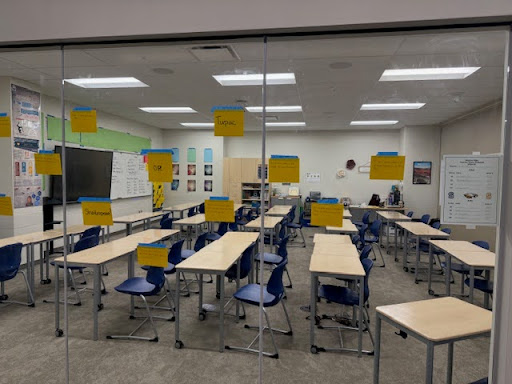
President Donald Trump returned to the Oval Office on January 20, and one of Trump’s campaign promises was to close the Department of Education. On March 20, after cutting nearly 50% of the Department of Education’s staff, President Trump signed an executive order which directs the current Department of Education head Linda McMahon to close the department and “return authority over education to the States and local communities while ensuring the effective and uninterrupted delivery of services, programs, and benefits on which Americans rely.” This executive order is controversial; if it wasn’t, President Trump wouldn’t need to write the order in the first place. Education is one of the most important jobs for the government, especially in democracy which relies on informed voters in order to elect competent representatives to run the country.
The Department of Education was created in 1980 after Congress signed the Department of Education Organization Act in 1979, and since then the Department has worked to provide oversight on education policy, distribute funds, ensure equal access to education, enforce civil rights laws in schools, and (from the Department’s mission statement) “supplement and complement the efforts of states, the local school systems and other instrumentalities of the states, the private sector, public and private nonprofit educational research institutions, community-based organizations, parents, and students to improve the quality of education.”
Before the Department of Education was created, states and local communities were in charge of education with little federal intervention except for land grants for universities. Before Trump ordered the closure of the Department of Education, state education departments were responsible for complying with laws from the Department of Education, setting standards for curriculum, implementing federally funded programs, and providing information and resources to people about education. But, now that the Department of Education could be closing, state education departments will see a lot more added to their plate, and with one major goal of the Trump administration to cut government costs and reduce taxes, Americans can expect that these state education departments will not be getting enough funding to handle their massively increased workload.
Every time someone gets elected or re-elected to the office of President, they almost always immediately start making changes, usually changes that they promised to make if elected. But ordering the closure of a department that has one of the most important jobs in our country is extreme. Education is a fundamental human right, and it should be treated as such by our government. Education isn’t something that we should be cutting costs on, and education is especially something that we shouldn’t be closing the doors to.


